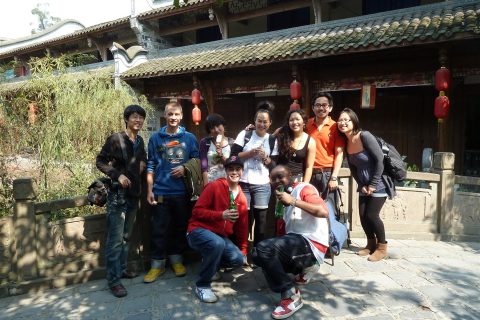Hear It From the Companies: Guanxi & Mianzi
Congratulations! You have acquired an internship in China! By now, you must have researched all about how to …
Networking in China – Teil 1: Kulturelle Aspekte
Herzlich Willkommen zu meinem Blog über die do’s und don’ts des Networkings in China! Diese Tipps sind nur …
Being a Chinese Foreigner in China
You may have read on our blog before about being a foreigner in China and the way the …
The Importance of Networking in China
Hi Everyone, My name is Philippe Touzin and I am the Marketing and Graduate Recruitment manager for InternChina, …
A few tips from our Zhuhai Office Manager
So you are thinking of doing an internship abroad. Perhaps you’ve already made up your mind that you …
New InternChina Intern: Till Fornoff
Hi there! My name is Till Fornoff and I just started a week ago as a Marketing and …
China – The Land of Opportunity….providing you have the right experience
China. 1.3 billion people. The world’s second largest economy. The world’s largest exporter of goods. A world full …
Guanxi – A Two Way Street
Hi everyone, I’m James from England and I have just started as an intern here at Internchina. This …
Company Visits
As part of my internship at InternChina I have had the opportunity to go on company visits and …






